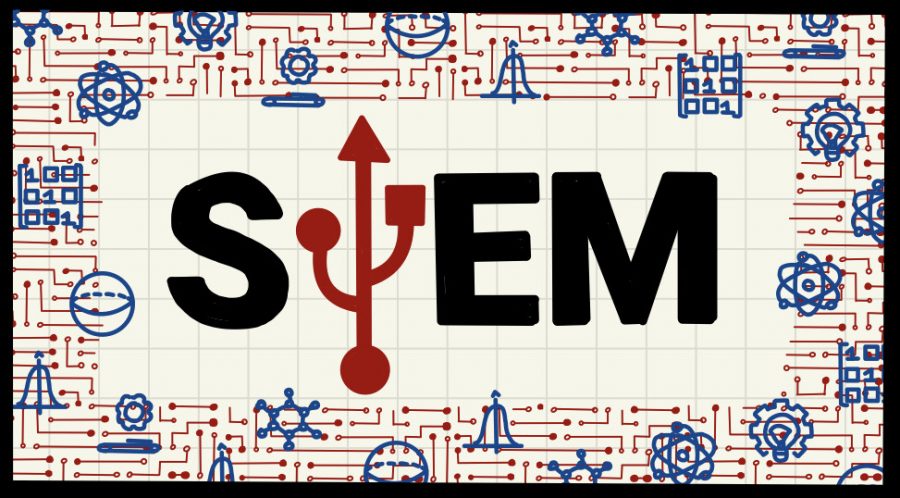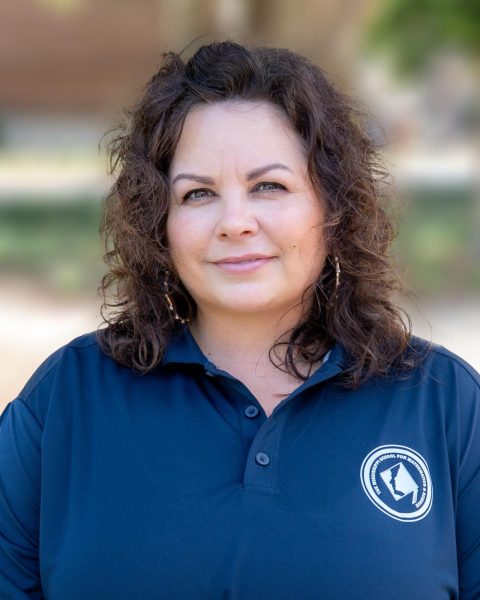Djedjos: We need a stronger emphasis on computer science education in Mississippi
Computer Science and STEM-related jobs are becoming increasingly abundant in Mississippi.
October 28, 2020
Humanity’s emerging technology revolution has irreversibly changed our lives. From school work to grocery shopping, we have everything we could possibly want at our digital fingertips. It is the 21st century, and the need to understand and utilize computer science is crucial to our advancement as a society.
The need for computer science is evident, with statistics indicating that the employment in computer and information technology is projected to grow 11%in the next ten years—much faster than the average for all other occupations.
Furthermore, the SARS-CoV-2 pandemic has catalyzed this already increasing rate in technology advancement, revealing innovations impacting retail stores to health care. Yet, the startling lack of computer science education for K-12 students proves befuddling. In order to facilitate a bright future of innovation, Mississippi must take effective action.
At face level, computer science seems to be full of advanced syntax and abstract concepts. However, all computer science, at a fundamental level, is a logic puzzle. Anyone can learn the syntax of if statements and while loops; the critical thinking problems and skills derived from computer science are both the challenge and the reward.
These critical thinking and logic abilities are not solely limited to computer science or even the STEM (Science, Technology, Engineering and Math) field in general; in fact, these skills can be applied to a variety of fields from literary writing in the sense of logical brainstorming or law with regards to creating a step by step analyzation of a court case. While on the surface computer science may appear intimidating, the heart of it enhances creative problem solving abilities that can be applied to all fields of study.
With these benefits in mind, it appears unworldly that a majority of Mississippi schools do not incorporate any sort of computer science education.
For younger students in elementary school, free sites such as Code.org or Scratch Jr teach students as early as kindergarten interactive computer science introductory courses that involve creating basic games and recognizing patterns.
For students in secondary school, Scratch, a drag and drop “block” coding platform, could be applicable to teach basic programming algorithms and concepts. As for older students in high school, programming languages such as JavaScript and Python, which are used to program applications from front end website building to cutting edge machine learning techniques, would propel students to understand beginner and intermediate fundamentals that could be crucial in college and the workforce.
Not only do these courses introduce and develop strong critical thinking skills, studies indicate that students exposed to computer science at a younger age inadvertently have a much higher chance to go into the computer science field, a field in Mississippi that desperately needs new, qualified candidates. There are currently 1,026 open computing jobs, which is 4.1 times the average rate in the state. The potential for computer science in Mississippi is evident and refocusing school curriculums to reflect this interdisciplinary field could meet the growing demand for it.
Understandably, Mississippi has other problems to attend to. As the most distressed state in health care and almost last in education, computer science appears to be a far cry for a quick solution to today’s problems. Still, Mississippi’s youngest students are the greatest talent pipeline in the state, and computer science provides these promising students the ability to engage with powerful ideas.
The relevance of computer science is strikingly clear; it is up to both the state government and academia to incorporate it. Truly, Mississippi’s future as a technologically competent society depends on it.









